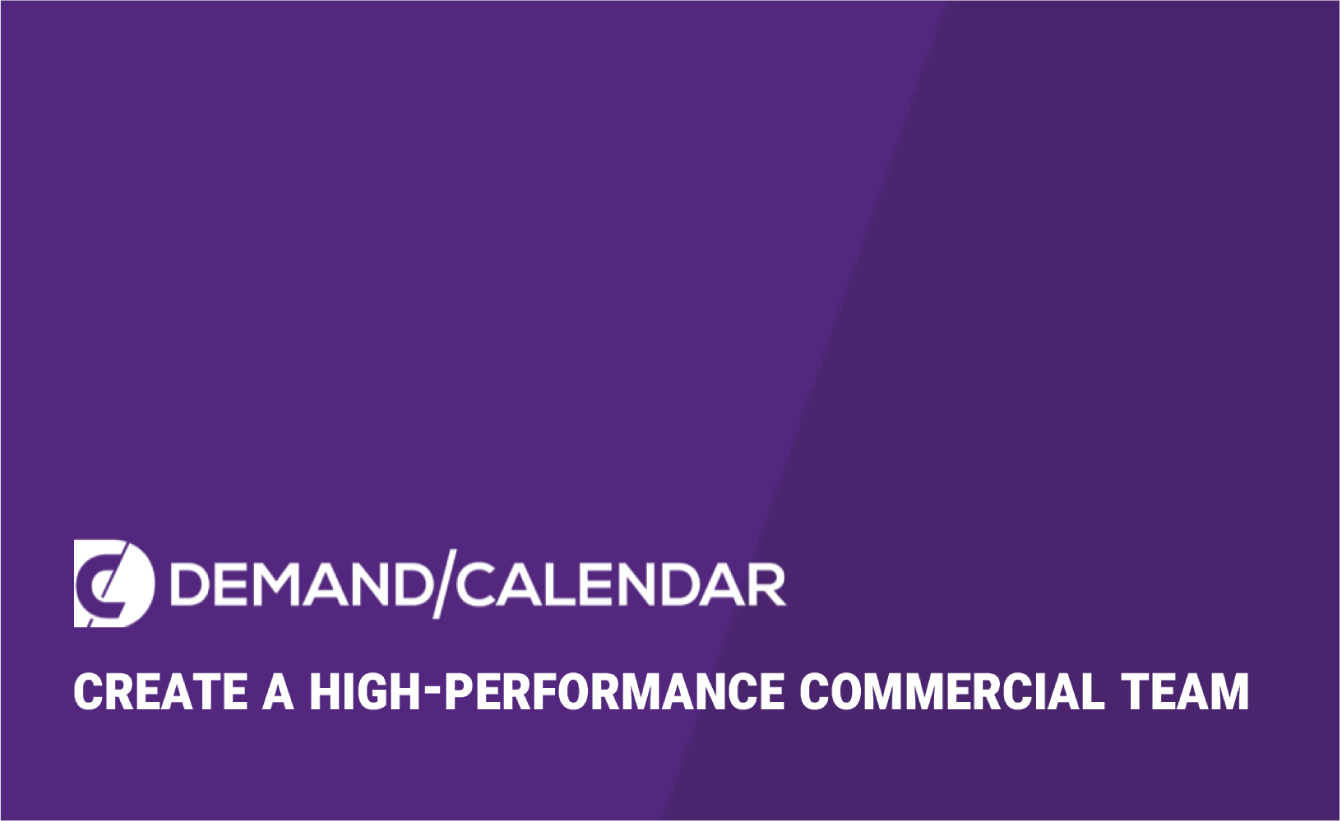The room revenue will not be enough for hotels to become profitable during the recovery. Therefore, all hotels need to find additional revenue sources to decrease the pain caused by revenue loss and secure a fast recovery.
Maximizing all revenue sources is an effect of a well-crafted strategy. It starts with compelling value propositions that will make guests spend more money during their stay. Creating value propositions seems straightforward for most companies, but this is much more difficult in the hotel industry.
All hotels are stuck with their concepts
The first obstacle is the fixed capacity - the hotel needs to sell the same inventory every day regardless of the demand - so hotels need to find target groups that might have completely different needs. The second obstacle is that once a hotel selects the key target group and builds the value proposition for that audience, it is costly to switch to another target market with different needs. For example, it is almost impossible to reconfigure a city center business hotel targeting corporate travelers to a resort targeting leisure travelers. Thus, when an owner decides about the hotel concept, this decision will limit the flexibility for many years.
Ideally, hotels have analyzed possible target groups based on their purchasing power. Most hotels need a couple of target groups and focus on meeting their needs without too many compromises. The key to success is to understand the target group's needs in detail. A hotel that meets most of the requirements will be more successful in attracting guests than its competitors. It is time well spent to get insights into the needs and wishes of vital target groups. The starting point is to understand the reasons for travel. You can find more information by downloading a whitepaper about market segmentation.
How to meet consumer needs
When the commercial team has solid insights about market segments and their needs, it is time to craft the value propositions that communicate how well the hotel will meet the requirements. This process is the same for any hotel, regardless of type, size, location, facilities, and other variables. Meeting needs means providing a solution that the guest appreciates and when the guest sees a value, the guest's willingness to pay increases. As a result, the hotel can sell at a higher rate or sell additional products and services. The offering to buy rooms, food & beverage, meetings, spa, and other products and services is what hotels think they are doing, but from a guest perspective, this is not what the guest experience. It is challenging to buy anything but rooms when the guests make the purchase (reservation) unless there is a package that does not meet anyone's needs. Hotels wait until the guest is on the property to offer additional products and services. Many guests have already made other plans, so hotels lose potential revenue.
The universal booking engine
All hotels need a universal booking engine where potential guests can buy everything that a hotel wants to sell to them. The hotel industry has talked about a booking engine for all products and services, but the technology is still developing. While waiting for the technology to catch up, hotels can still make it easier for guests to buy more. For example, hotels can send pre-arrival emails and even call the guest before the stay to offer more products and services to increase the possibilities to make guests happy and increase revenue. Another more aggressive sales technique is upselling the guest upon arrival, but it might be too late since guests have already made other plans. When hotels have a playbook for capturing more revenue from guests, it will be easier to plan for profitability.
Forecasting all revenue sources
The final step is to implement a solid process for forecasting and tracking pick-up of all revenues - not only room revenue. Having a better understanding of future revenue will make it easier to plan for delivering a superior guest experience. The forecast of all revenue sources will also expose opportunities where hotels can increase sales of additional products and services. Close tracking of pick-up will increase the understanding of demand and speed up adjustments of the value proposition to meet real needs from the potential guests.
In conclusion, there are many obstacles and pitfalls when hotels try to increase revenue during the recovery. However, hotels can handle all the challenges easily with a little bit of creativity and a well-structured process.
For more ideas, download the white paper "Create a High-Performance Commercial Team."

